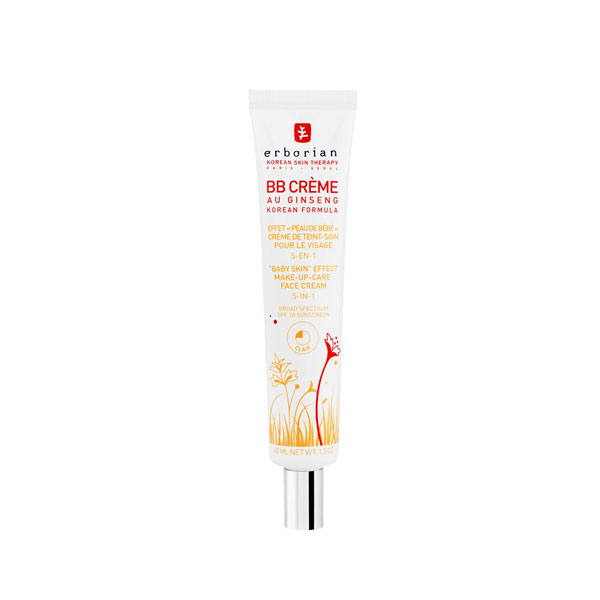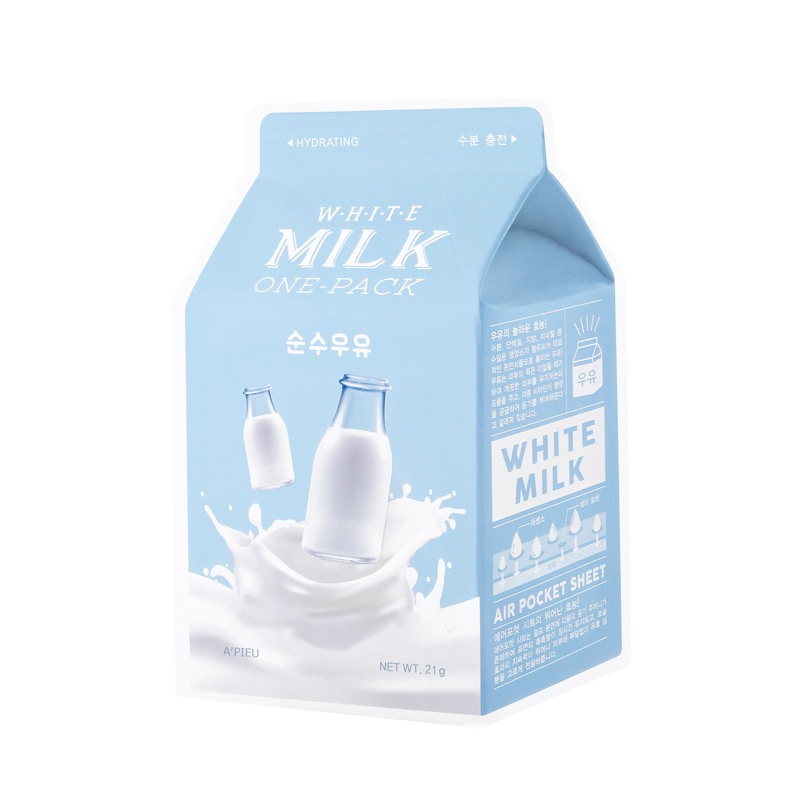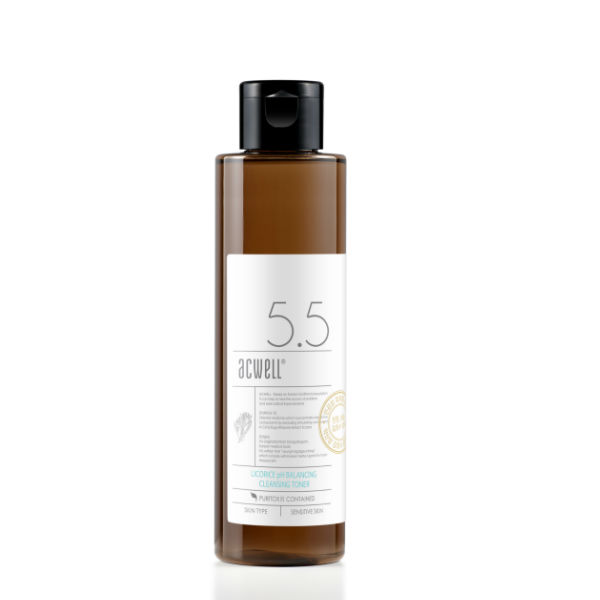Curious about Traditional Chinese Medicine for skin? Can it actually help? The Klog’s intern, Marissa, was raised on it. Discover her journey below.
Long before you could go and and purchase your favorite vitamin C serum, the Chinese found other ways around skin care. You’ve probably heard about TCM or Traditional Chinese Medicine, but it extends far beyond the stinky weird shops on Chinatown street corners. TCM is a vital and practical part of Chinese living that has been used for thousands of years. It is about problem solving internally rather than externally, and has even reached me as a third generation immigrant. Although my knowledge is shaky and only includes what I’ve inherited from my grandmother growing up, it’s something I’ve come to invest more and more faith in over the years.
I have vivid memories of sitting at my Poi Poi’s kitchen table as she shoved vegetables, and herbs, and foul-smelling soups in my face. Whenever I would refuse to eat something she had cooked, she would spout its health benefits in broken English. Fish eyes were supposed to improve my eyesight and chicken feet would clear my skin. As a child, this all seemed like one big hoax to try and get me to eat my vegetables. And I wasn’t the only disbeliever. Skepticism in “Oriental Medicine” is common among Americans.
It’s easy to dismiss because it’s confusing, and difficult, and so far removed from Western medicine. Not to mention the Chinese see no difference between the foods that actually have proven benefits and the ones that come from superstition. Children are often told that if they do not finish their entire rice bowls, every grain left behind will translate to a pock mark on the face of their future spouse. This isn’t so much science as it is homeopathic magic.
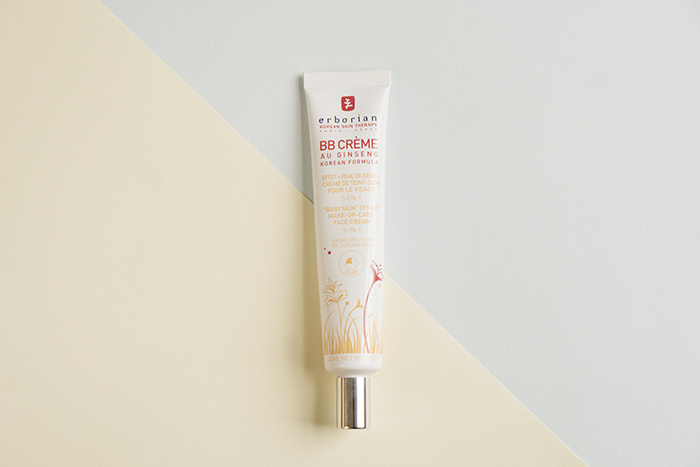
Thankfully, we’re lucky to live in a world we we can get ginseng extract conveniently placed on the ingredients list of our favorite products (like the Erborian BB cream). But this fascination with “miracle skin care ingredients” is a modernized version of simply imbibing the ingredient to help enhance the body’s self healing capacity from the inside out.
The Chinese believe that herbal medicine (ie: ingesting certain foods, herbs, and roots) has the power to treat and even cure your ailments, including bad skin. This is because although our skin is external, skin problems are considered a reflection of our internal health and the health of our internal organs. Topical treatments such as DIY face masks used by ancient Chinese women have been documented, but in order to truly cure the problem you need to go to the root of the cause: your chi.
Chi, or your body’s life force, is about balance. The body’s Yin (cold energy) and Yang (hot energy) must flow evenly throughout your entire system. If not, this is how problems arise. Acne-prone skin is the result of a Yin deficiency, whereas a dull complexion is the result of a Yang deficiency. This balance is really important and can be affected by a number of different ways, but diet is an important one. Mung bean cools you down, red dates are for balance, and ginseng is for circulation (but you must drink it at night!). If you eat too much of one food it can impact your health. Foods that cool you down include broccoli and fish because Yin foods tend to have salty, bitter, or sour flavors. Foods that heat you up are peaches and quinoa, because Yang foods are sweet or pungent. TCM classifies foods by these five different tastes.
My Poi Poi stresses the importance of a “strong” stomach for clear skin. This means always drinking warm water even in the summer (and NEVER cold water), lots of milk, eggs, vegetables, and avoiding spicy foods. By stomach she means the stomach, spleen, and lungs: the internal organs that provide constant nourishment to the skin. In converse, foods that have a “Fa” nature (usually any type of junk food) create toxins and disharmony in your body. It is even believed that they can cause skin disorders, wound healing, allergies, tumors and cancer. Fa foods are different for everyone depending on if the body struggles with damp-heat toxins, stomach heat, liver heat, blood heat, wind heat, qi deficiency, blood deficiency, or yin deficiency
If you do choose to study TCM you’ll understand just how confusing this can be. A lot of the information I received while writing this article was a garbled mess only made more confusing by a language barrier. But a lot of people are moving towards it because it’s a different, completely natural, and a healthy approach to skin care. Its main principle, chi, is essentially encouraging a personalized and balanced diet.
If you have sensitive skin or a specific skin problem that you absolutely cannot get rid of then perhaps a visit to the herbalist is in your future. And if you’re just curious like me, then maybe give some of these ingredients a try and head to the herbalist at a later date.
TCM for aging skin
Foods that will nourish your body’s Yin are best for anti-aging because they help your bodies blood generate more smoothly. Common foods include white fungus, lily buds, wolfberry fruits, red dates, sea cucumber, oysters, goji berries, and soft shelled turtles. My grandmother recommends making chicken feet and bone soup. This is essentially boiling down the meat until all the gelatinous parts have created a broth. This is supposed to be great for improving bone health and anti-aging.
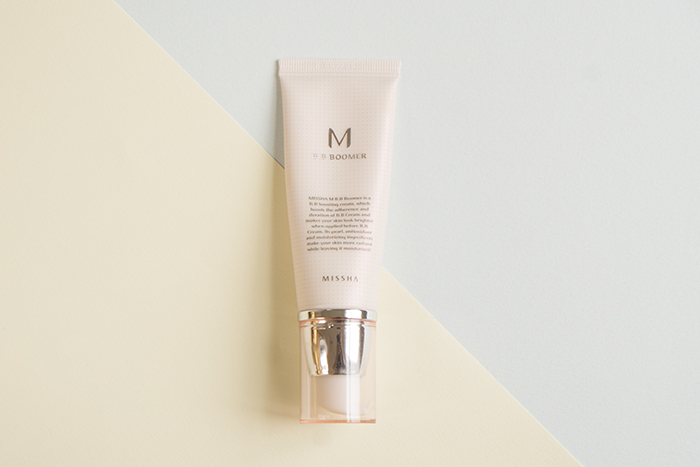
Pearl powder is another miracle ingredient that is loved by both TCM and Western skin care fanatics. TCM claims it can prevent the development of freckles, dark spots, wrinkles, and sagging. In order to maximize its effectiveness, my mother makes her own mask with pearl powder and egg whites, but you can just as easily use the Missha BB Boomer Primer, which contains fine pink pearl particles, or you can try Klavuu, a brand that infuses natural pearl into most of its oil cleansers, moisturizers, and sheet masks.
TCM for dry skin
If you have dry skin this means that your body is too easily susceptible to the elements. In order to decrease your body’s sensitivity to the cold you must strengthen your immune system using Huang Qi (which is also good for revitalizing tired, aging skin), ginseng, garlic, elderberry, ginger, and echinacea and eat foods to retain moisture, like sesame seeds, honey, sweet rice, and fresh fruits.
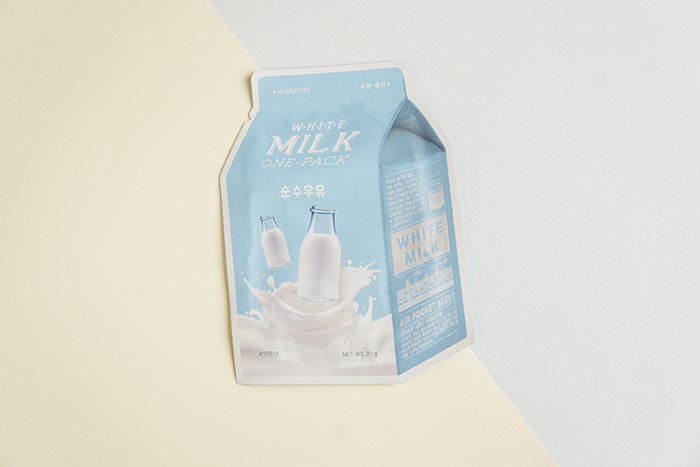
An easy recipe to follow that will build up your Yin level is Walnut Tea. Crush an equal amount of both walnuts and raw crystal sugar into a fine powder and mix with boiling water. Try drinking this with a sheet mask for extra hydration during the winter. I prefer the A’pieu Milk Sheet Mask which uses real milk protein or the Acwell Traditional Grain Syrup Mask which is packed with ginger.
TCM for acne-prone and oily skin
TCM believes that acne is caused by an excess of heat in the lungs and stomach. The heat in your body is no different than the heat outside; it rises when there is too much. Spicy, greasy, sweet or fried foods can especially cause a heat excess and if you eat these things often enough then that heat will become trapped in your face. Scuttellaria, Phellodenbrium, Rhemannia root, Tree peony root, Angelic root, Peony root, and Red Peony are all said to be good for treating acne.
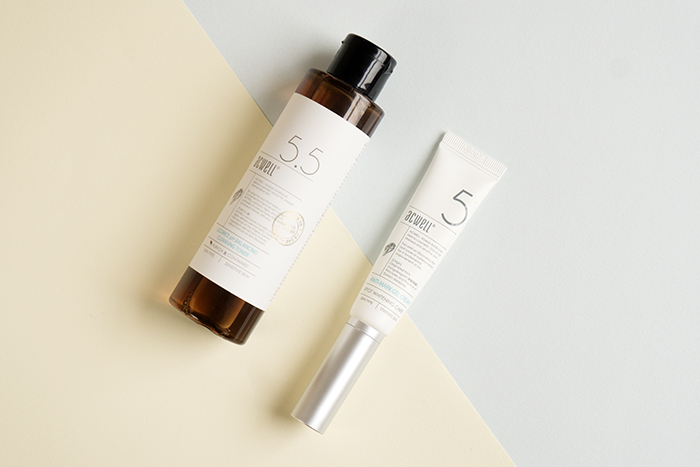
Licorice Root Tea was what I was forced to drink as a teenager. It’s supposed to stop the creation of sebum that is responsible for breakouts. I have also heard it can also be crushed and applied topically on the skin. If you can do neither of these things, try the Acwell Licorice pH balancing toner and Anti Mark Gel Cream. Both contain licorice root extract to calm and manage skin.
Bottom line:
If you have a serious skin condition or a real ailment, visit an herbalist. And even if you don’t… still go! This is important because even though you may know the ingredients you need to incorporate TCM into your skin care routine, there are many other factors that need to be taken into account including, age, time of year, and specific symptoms.



